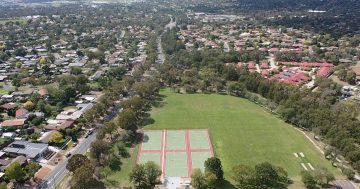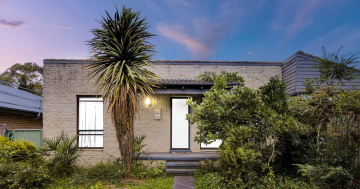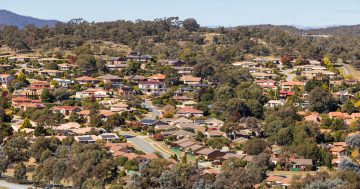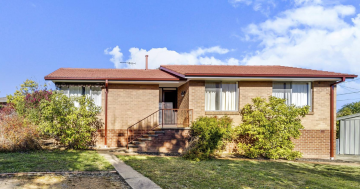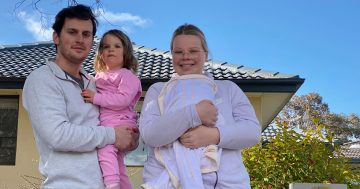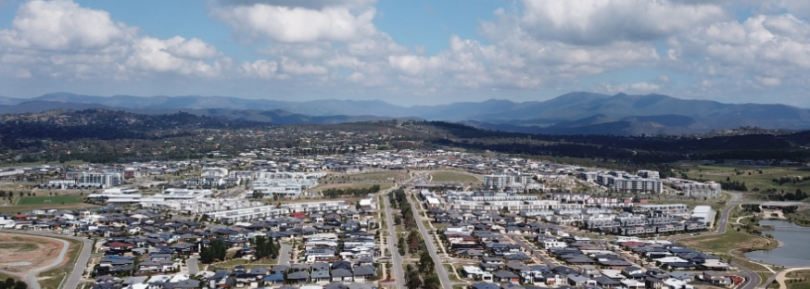
First-home buyer country: the suburbs of Coombs and Wright in the Molonglo Valley. Photo: File.
Couples saving for their first home in the ACT will need to wait almost twice as long to garner a 20 per cent deposit for a house than a unit, and will pay nearly $300,000 more for a house.
The 2021 Domain First-Home Buyer Report says it now takes six years to save for a deposit for an entry level house, while aiming for a unit will only take three years and five months, a savings period that has remained steady during the past 12 months.
But the annual increase for Canberra couples wanting a house is the largest in Australia at nine months, reflecting the surge in prices during the past year.
The report, which identifies the time it takes first-home buyer couples to save a 20 per cent deposit for an entry priced home across our capital cities, also says Canberra has the largest price difference between property types, with an entry level price gap of $294,000.
The report also reveals the areas and number of bedrooms in a property that are the quickest to save for.
If you are after a four-bedroom house, the deposit wait blows out to six years and 11 months. For a three-bedroom house, it comes back to five years and three months. For a two-bedroom house, it will only be four years.
The quickest path to home ownership is a one-bedroom unit, which will only take two years and nine months to save a deposit for, while a two-bedroom unit will take three years and six months, and a three-bedroom unit will take four years and eight months.
By area, the increases were most pronounced in Canberra, in which 88 per cent of the ACT needs more time to save for a house deposit.
While the time to save for units fell in Sydney and Melbourne, 71 per cent of Canberra went the other way.
Domain said the two Federal Government incentive schemes – First Home Loan Deposit Scheme (FHLDS) and the First Home Super Saver Scheme (FHSSS) – are making a difference for people who can access them, shortening the deposit saving period.
A five per cent deposit can mean only a one-and-a-half year wait for a house, and just 10 months for a unit.
For those using the FHSSS, saving for a house deposit can take three years and five months, and again just 10 months for a unit.
While low interest rates have cut repayments, they have also driven the big price increases of the past year.
On average across the cities, the amount of income required to service a mortgage repayment has declined from 24 per cent in 2012, to 18 per cent in 2021, for an entry priced house. However, in Canberra this is 22 per cent. For units, it is the same as the city average of 13 per cent.
Domain said this year first-home buyer loans reached the highest number since 2009, but have been falling in recent months as affordability toughens and government assistance tapers.
“Saving a deposit is a tall order in the current rapidly rising housing market,” it says.
“This has created a growing sense of urgency among entry-level buyers, and may mean a compromise on their ‘ideal home’ to mitigate missing out.”
The report is based on the average income for a couple aged between 25 and 34 years in each capital city using ABS Estimates of Personal Income.
